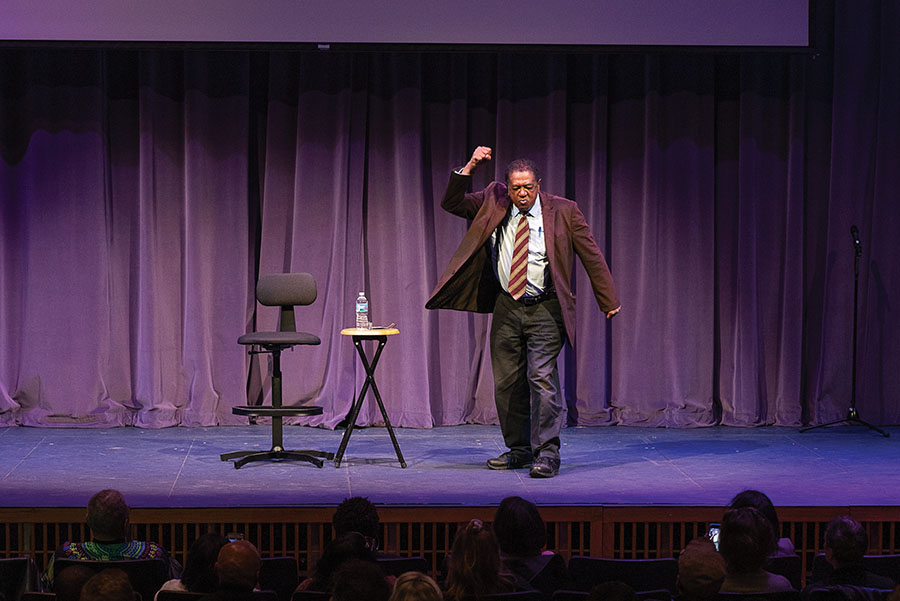The year was 1966, the year of the Black Panther. Two men emerged and forged a revolution of nonviolent demonstration seeking self-defense and protection for African Americans from the draft.
One man was a Howard University scholar named Stokely Carmichael. Carmichael served as the chair of the Student Nonviolent Coordinating Committee (SNCC) assembling peacefully by organizing nonviolent demonstrations and standing up to systemic racism.
“In order for America to really live on a basic principle of human relationships, a new society must be born,” Carmichael shared on Oct. 29 in his public address. “We’ve got to be the leaders of today. This country, this country is a nation of thieves. It stands on the brink of becoming a nation of murderers. We must stop it. We must stop it,” he continued.
The men walked along the firing line of civil rights advocacy, demanding equal considerations for draftees of the Vietnam War. Equity, from the perspective of Black Panther leadership, required honoring all of humanity as “first rate,” according to the founder of the Black Panther Party of Self-Defense, Bobby Seale. Seale and Carmichael aligned by being seen and heard as Black Panthers. The Black Panther was also a voice in the press showing up to “tell it like it is,” according to Seale.
“You cannot fight racism with racism. You have to fight it with solidarity,” Seale said.
America’s Black Power movement offered an alternative ideology to capitalism as a solution to racism through the formation of the Black Panther Party in Oakland. In 1966, African American History witnessed two men refusing to rest, demanding peace over global superiority in Vietnam and good will in nonviolent protest.


























